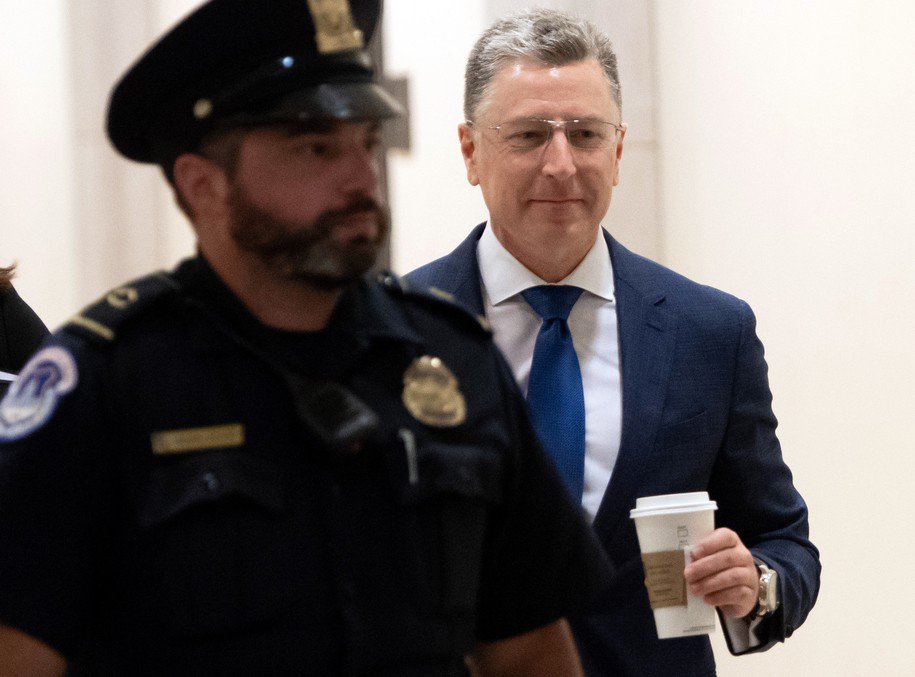So, for posterity, I am going to include choice quotes below for reference purposes.
#FinanceTwitterJa
ftalphaville.ft.com/2019/11/04/157…
//Thread
Only occasional dollops of aid from international development institutions kept the lights on. But by 2012 even they’d had enough.
Jamaica’s poor track record meant that the IMF insisted on a draconian austerity programme so fierce it made Greece’s look like a cakewalk. Scepticism was rampant.
[Editorial Note: That "joke" makes me sick.]
Just a few years ago the country’s economic arc was pointing towards oblivion.
[Editorial: We have truly had a mini economic revolution].
This is a stunning development, not just for Jamaica but also the IMF, which desperately needs a big win at a time when its biggest-ever programme in Argentina is on its knees....
“This is an extraordinarily positive turn of events...
Brian Wynter’s first duty as the Bank of Jamaica’s new governor in December 2009 was simple...
Indeed, Wynter received the formal request of funding the second he first set foot in the Bank of Jamaica’s building on Kingston’s scenic waterfront. It was only the first of many such letters.
The funding was vital to keep the lights on but as debt servicing consumed an astonishing 60 per cent of the government’s revenues.
To understand the impact of this:
The restructuring was a cautious success..
The IMF’s programme also got off to a flying start, with the first review in August 2010 noting that every target was being hit and the economy was doing better than feared.
Weakened politically, PM Golding reneged on an IMF agreement to freeze pay for civil servants and wrecked the tortuously...
[Editorial Note: Between this wage-to-GDP milestone not being met and the TG fiasco, the IMF programme came crashing down].
[Editor: 6 WEEKS IS MADNESS!]
Basically that means that we reached a place where BOJ only had enough reserves to pay for 6 weeks worth of imports (i.e. oil, and EVERYTHING ELSE we import).
i.e. 6 weeks away from hyperinflation, potential food shortages, rioting, etc.
We could be in a MUCH different place right now. No hyperbole.
Chances are we would have to take foreign reserves from places that wouldn't serve us well.
“My first few weeks were spent in a dialogue of the deaf,” Phillips recalls. “There was a view that it would take a complete collapse
[Editorial Note: This is why even though I am no fan of his most recent moves, I will forever give Dr. Phillips the credit he deserves].
MY God Almighty!
Thank God we never got there, and good sense prevailed and we got the bailout we needed from the IMF.
Washington’s international organisations are supposed to be neutral and technocratic...
At the back of everyone’s minds was a 2001 documentary titled Life and Debt, an excoriating depiction of the IMF’s previous Jamaican programmes that former premier Michael Manley described...
[Editorial: The irony of a documentary decrying the IMF could have been a major deterrent for the IMF dealing with us again is not lost on me. Words & Media Matter!! We need to be responsible.]
----
Actual chills reading this in print.
We should never forget this.







